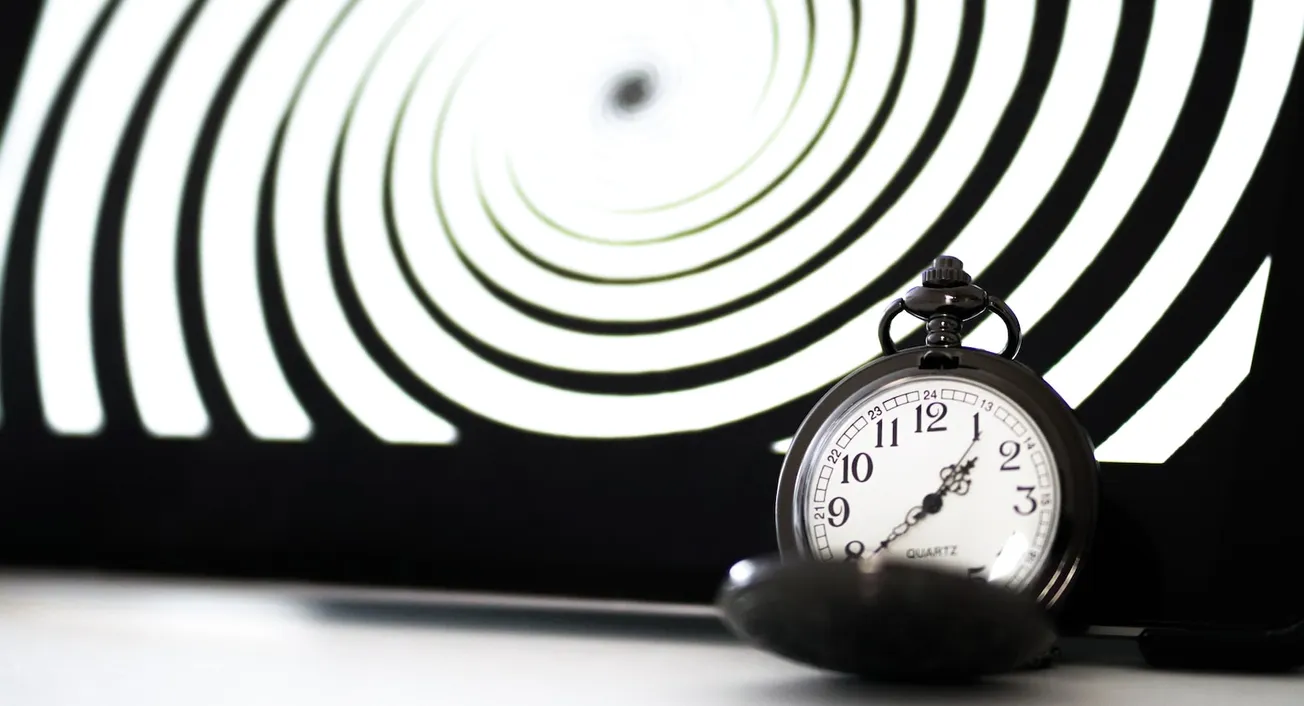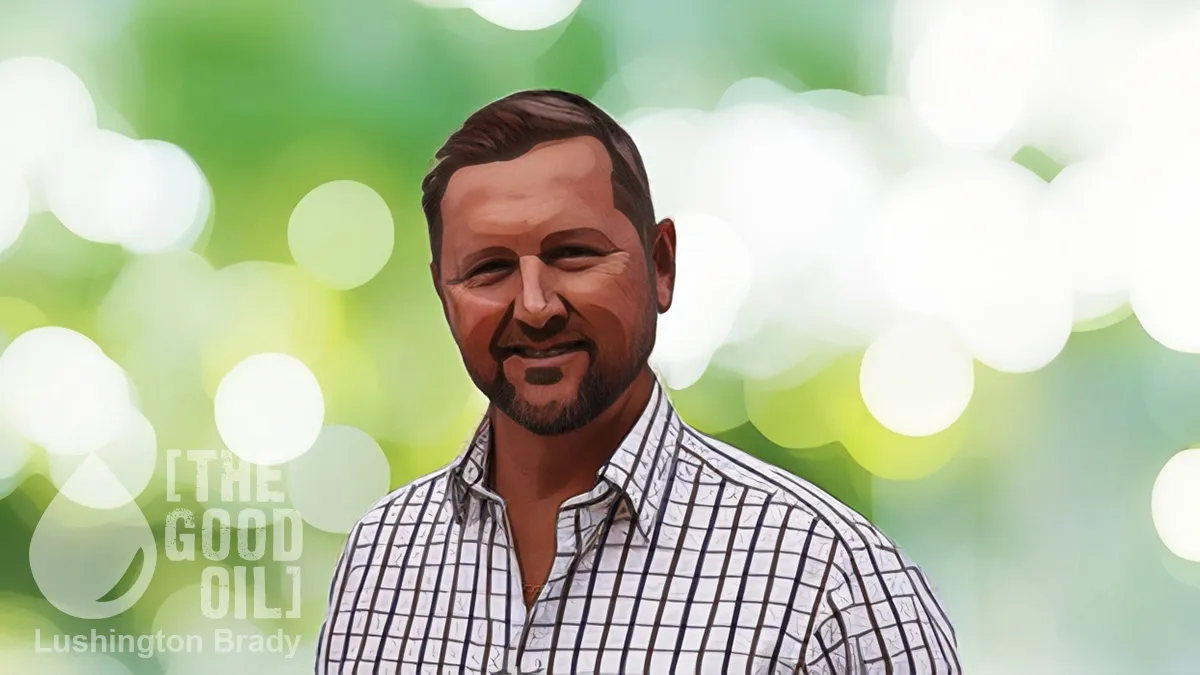Table of Contents
Thomas Buckley
Thomas Buckley is the former mayor of Lake Elsinore, Cal. and a former newspaper reporter. He is currently the operator of a small communications and planning consultancy.
“I remember when Friday used to mean something,” said the dishevelled man on the bus.
Dependent poverty has a rhythm.
You know the supermarket will be busy on the first of the month because that’s when food stamp cards are reloaded.
Holiday weekends are not a respite but an inconvenience because the government offices you rely on are closed.
You know you have to spend more time running errands and you know the bus schedule.
You know that you are treated like a bothersome client, never a valued customer, wherever you go and you just take it until you can’t anymore and then you’re labeled a problem and jeopardize what little you have.
You know about forms and window number threes and to start calling social services an hour before they open at 8 am, to not bother to call after 9 am, and to never call on a Wednesday when they are closed.
It is a slow consistent rhythm, day after day broken only by occasional family chaos, medical emergency, or the fleeting bliss of oblivion. It becomes a comfortable numbing throb, a cosseted existence that drains drip by drip, imperceptibly unless you look very closely and you can no longer face doing anything of the sort.
Life becomes a sieve that cannot be plugged or discarded, only tilted this way and that to keep something – just one drop – of your own.
“I remember when truth used to mean something,” said the disheartened man on the bus.
Censorship has a rhythm.
You know what you want to say but you always pause that extra beat before you say anything, even amongst friends.
You know that whatever is being told to you is probably a lie, probably intentional, but maybe later you might find out the truth.
You know you are losing, beat by beat, the ability to trust anyone, anything about anything.
You know if you dare to raise the question, to openly ask if something has changed you will be swatted aside and you know you will not be looked in the eyes when you are told you are delusional.
The government meant to protect society and the schools meant to educate society and the foundations meant to serve society are no longer doing so. You know that maybe they never really did, they never quite lived up to their goals, but you know that now they are only serving themselves and their allies and overlords while not letting you think anything of the kind.
You know the as-unfettered-as-possible flow of ideas and information to and fro amongst people has been the bedrock of progress, has upended the terrible and wrong, has led to a genuinely better unblinkered culture, and is at the core of the idea of a free society.
And you see that slipping away to the omnipresent rhythm and you start to wonder if really the problem is you, that you do not understand the collective needs and benefits of a society that is run smoothly by those who may have the better idea, that swimming upstream against the imposed silence is counter-productive.
And you start to tire and wonder why you are bothering in the fruitless effort to hold on to even the smallest part of the truth and you slow for a moment and everything starts to be much easier.
And that ease sets the rhythm to come and you start to reflexively defend the new calming rhythm, the simple comforting background, the ever-so-slightly pulsing hum that is there to keep you in subjective stasis.
On occasion you feel a tick, a click, a hitch in the hum and are reminded ever so briefly that the float comes with sacrifice, a sacrifice of something you eventually will forget – if the censors do their job right.
“I remember when I meant something,” said the disposable man on the bus.
There was a rhythm to the pandemic.
It was a rhythm of nothingness, a blend of day into day.
It was a rhythm detached from time, a metronome of stay in, click on, stay in, stay afraid.
What information that was available was tailored to create unsettled obedience, a state of wide-awake nervous exhaustion that feedback fed the rhythm itself.
The rhythm changed slightly over time as human allowances, in exchange for submissions, were made.
Mask on, mask off, allowed to meet, not allowed to speak, venture out, stay out? Maybe later…we’ll see.
Shot in, everything’s better? Another shot…another shot…maybe now you can establish your own rhythm again. Just remember to say thank you, to remember you were saved by those of us who set the rhythm, no thanks to those who stayed dangerously out of step.
And we can make the rhythm come back when it is most convenient for its return.
Tick, tock, tick, tock…
The pandemic was the rhythm of dependence.
The pandemic was the rhythm of censorship.
And it will be the rhythm of the future.
Unless…
We remember that we are meant to do something.









